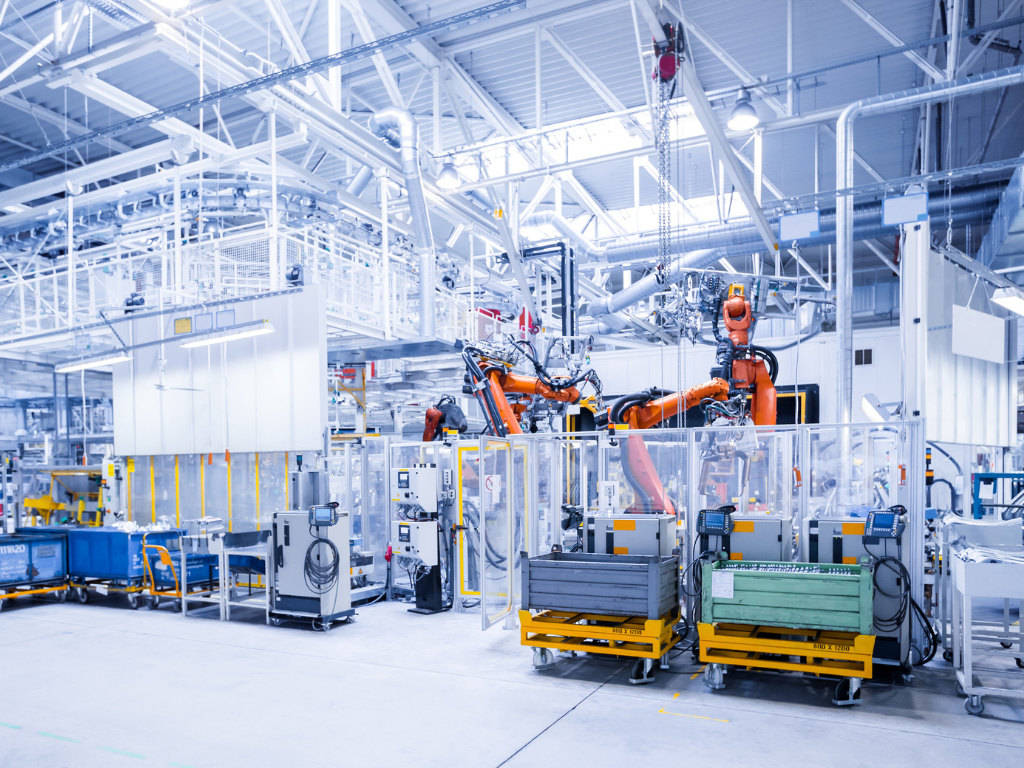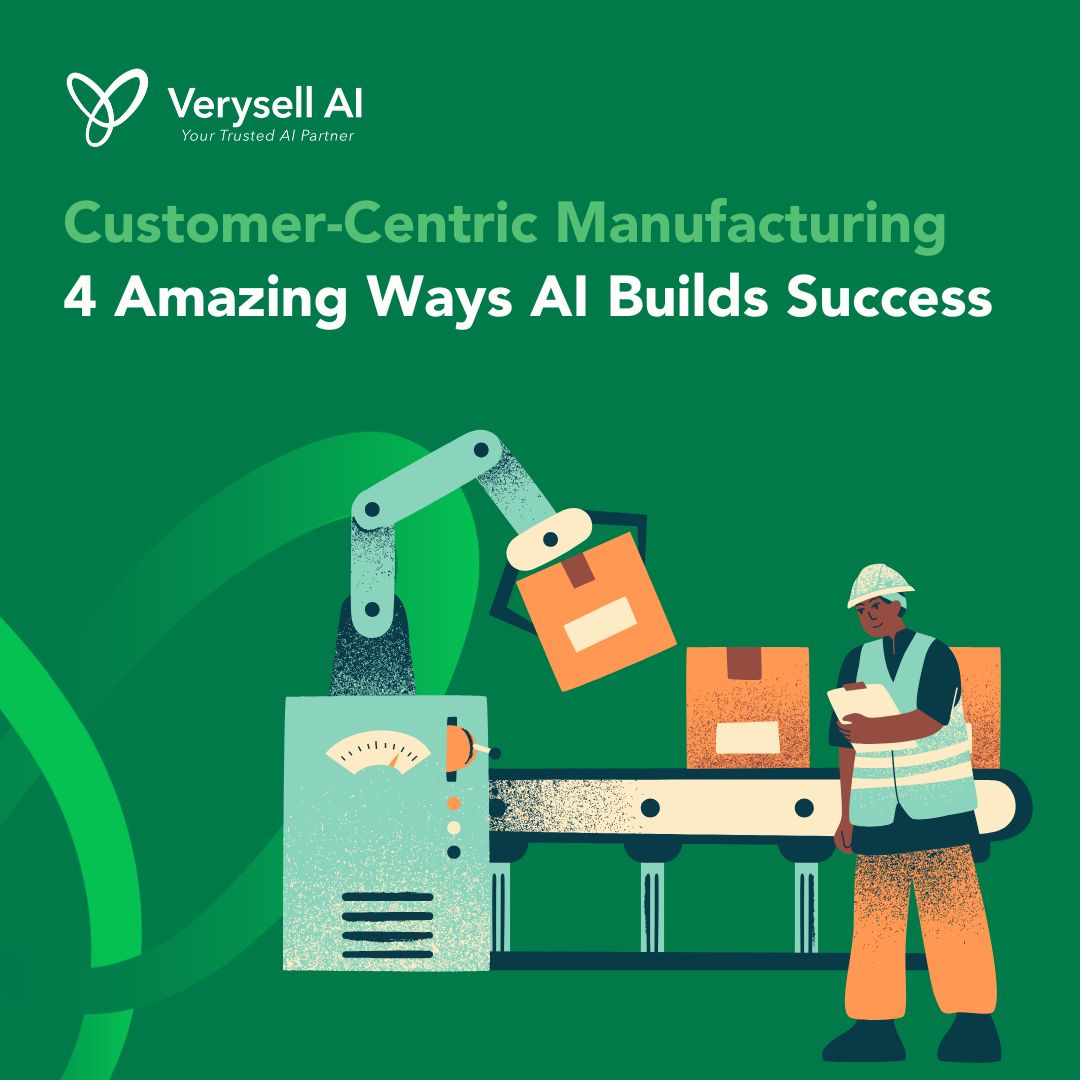For over a century, the industrial world operated on a powerful but rigid philosophy: mass production. This model, perfected by Henry Ford, prioritized efficiency, standardization, and volume above all else. It was a “product-out” world, where factories produced identical goods for a waiting market. However, that era is definitely coming to an end. We have entered the age of the individual. Today’s consumers, conditioned by the hyper-personalized digital experiences of Netflix and Amazon, demand products that are tailored, relevant, and unique to their specific needs. This seismic shift has given rise to the imperative of customer-centric manufacturing.
To survive and thrive in this new landscape, manufacturers must pivot from making millions of the same thing to making millions of unique things without destroying their margins. This challenge seems insurmountable with traditional tools. How do you achieve the efficiency of mass production with the flexibility of a bespoke artisan? The answer lies in AI technology.

Artificial Intelligence is the “sentimental” heartbeat of the modern factory. It provides the intelligence required to listen to the customer, anticipate their desires, and orchestrate a complex global supply chain to deliver exactly what they want, when they want it. AI technology is the foundational element that makes the dream of customer-centric manufacturing a successful reality.
The Shift: From Mass Production to Mass Customization
The demand for personalization is not a fleeting trend. It is a fundamental change in consumer psychology. According to research from McKinsey & Company, 71% of consumers expect companies to deliver personalized interactions, and 76% get frustrated when this doesn’t happen (McKinsey, 2021).
In the manufacturing context, this “mass customization” means offering products that fit a customer’s specific functional needs, aesthetic preferences, or timing requirements. However, the traditional supply chain, built for predictability and “long runs,” is ill-equipped to handle this. It suffers from the “bullwhip effect,” where small changes in customer demand cause massive disruptions upstream.
To solve this, manufacturers must transition to a “pull” model where production is triggered by actual customer demand rather than forecasted guesses. AI technology is the only mechanism capable of processing the billions of data points required to make this shift effective, profitable, and truly customer-centric.
Here are the five critical ways AI technology is enabling this transformation.
1. Predicting the Unique: AI-Driven Demand Forecasting
The first step in customer-centric manufacturing is knowing what the customer wants before they even ask. Traditional forecasting methods, which rely heavily on historical sales data, fail when applied to personalized products because there is often no direct history to analyze.
AI technology, specifically machine learning algorithms, changes the game. It allows manufacturers to move from “forecasting” to “sensing.” By ingesting vast datasets including social media trends, competitor pricing, weather patterns, economic indicators, and real-time search data, AI can identify subtle demand signals for specific product configurations.
For example, an AI system might detect a rising trend for a specific color of automotive paint in a specific region based on social media imagery analysis, months before sales data reflects it. A report by IBM highlights that AI-driven forecasting can reduce errors by up to 50% compared to traditional methods (IBM). This predictive power allows manufacturers to prepare their raw materials and production lines for personalized orders ahead of time, reducing lead times and ensuring the customer gets their unique product faster.
2. The Agile Factory: Achieving the “Lot Size of One”
The holy grail of customer-centric manufacturing is the “lot size of one,” which is the ability to produce a single, unique item as cost-effectively as a batch of 1,000. In a traditional factory, changing a production line to make a different product requires expensive downtime and manual retooling.
AI technology facilitates the “Smart Factory” or Industry 4.0, where flexibility is hardwired into the system.
- AI-Powered Robotics: Modern industrial robots are no longer “dumb” machines repeating a single motion. Guided by AI and computer vision, they can recognize different parts and adapt their assembly tasks on the fly without stopping the line.
- Digital Twins: Manufacturers can use AI to create a “digital twin” of their production floor. Before a custom order is physically built, the AI simulates the production run virtually to optimize the process and predict bottlenecks.
This agility allows the factory to switch between different product configurations instantly, making mass customization economically viable.
3. Intelligent Supply Chain Orchestration
A customer-centric manufacturing strategy falls apart if the necessary components aren’t available. If a customer orders a laptop with a specific, rare processor, the factory needs that part immediately.

AI technology transforms the supply chain from a linear chain into a dynamic, intelligent network. AI systems can continuously monitor thousands of suppliers globally, analyzing them for risk, cost, and speed.
- Dynamic Sourcing: When a personalized order comes in, AI can instantly identify which supplier has the required unique component in stock and can deliver it fastest.
- Predictive Logistics: AI analyzes traffic, weather, and port congestion to predict delivery times accurately.
According to McKinsey, early adopters of AI-enabled supply-chain management have improved logistics costs by 15%, inventory levels by 35%, and service levels by 65% (McKinsey, 2021). This ensures that the promise of a personalized product is backed by the reliability of a robust supply chain.
4. Flawless Quality for Every Unique Item
In mass production, quality control often involves testing a random sample of products, such as 1 in every 100. If the sample is good, the batch is assumed good. In customer-centric manufacturing, where every item might be different, statistical sampling is insufficient. Every single unique item must be perfect.
AI technology enables “Automated Optical Inspection” (AOI) on a massive scale. High-definition cameras connected to AI models inspect every product as it moves down the line. The AI is trained to recognize defects even on custom configurations it hasn’t seen frequently.
- Visual Inspection: AI can detect microscopic scratches, paint defects, or misalignment in milliseconds, far faster and more accurately than human inspectors.
- Predictive Quality: By analyzing sensor data from the machines (temperature, vibration, pressure), AI can predict if a machine is about to drift out of calibration and produce a defective part, stopping the error before it happens.
This ensures that the personalized product the customer receives is not unique but also flawless, protecting the brand’s reputation and the customer’s trust.
Conclusion: The Future is Personal
The transition to customer-centric manufacturing is an ambitious undertaking. It requires breaking down silos, rethinking production processes, and embracing a culture of agility. However, the risks of inaction are far greater. In a world where consumers reward relevance and speed, sticking to the rigid models of the past is a recipe for obsolescence.
AI technology is the catalyst that makes this transition possible. It provides the predictive power to anticipate needs, the agility to produce unique items efficiently, and the intelligence to orchestrate a global supply chain. By placing AI at the center of their operations, manufacturers can successfully pivot to a model that is not just efficient but deeply and profitably connected to the customer.
Unlock Your Customer-Centric Potential
Is your manufacturing business ready to embrace the future of mass customization? Don’t let legacy systems hold you back from delivering the personalized experiences your customers demand.
Verysell AI specializes in implementing advanced AI technology solutions that power customer-centric manufacturing. From predictive maintenance and smart factory digital twins to intelligent supply chain orchestration, we help you build a production ecosystem that puts the customer first.
Contact Verysell AI today for a consultation and discover how we can help you transform your manufacturing operations.


